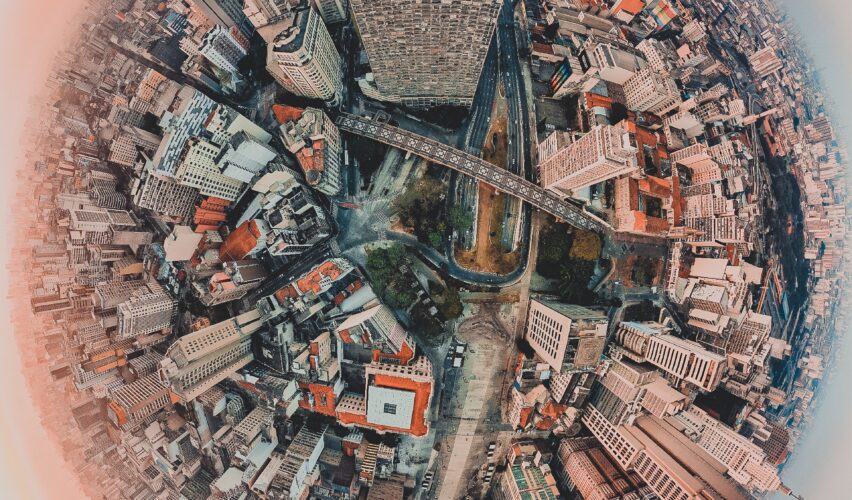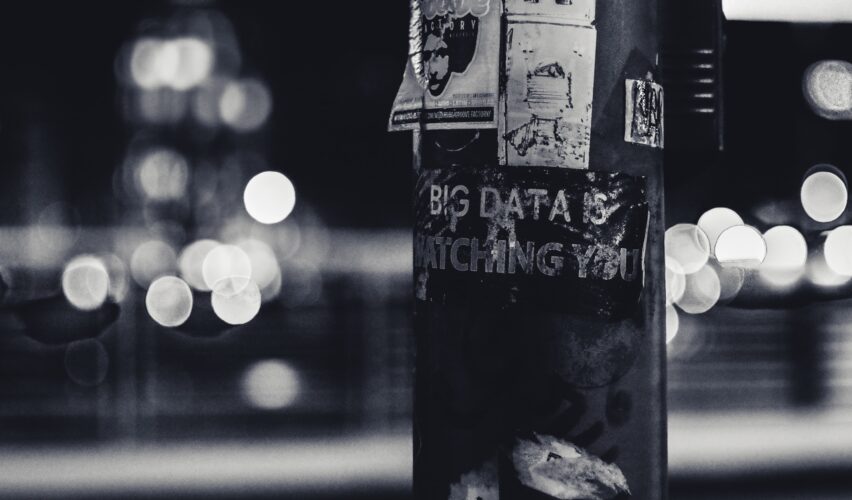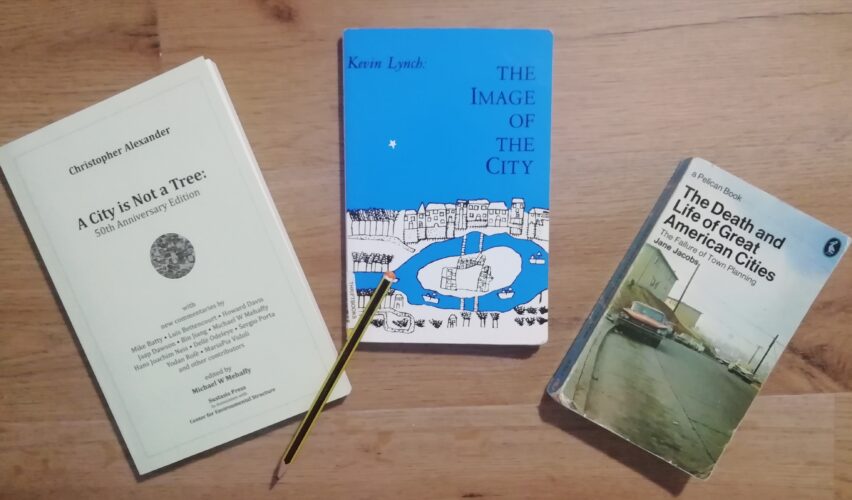We need a “Hubble” of cities
Scientific progress is coming from unexpected directions. Mathematics, biology, and astrophysics promise to bring new theoretical tools to advance in how cities work. Social networks, Internet of Things, and big data are sending much of the information about flows between humans and between humans and objects at local and distant scales. But, in screening the universe of cities, our observation artifacts are maybe too narrow and rudimentary.
Sharing big data: not there yet
Proposals of new data sharing platforms are still much guided by technologists. As a result, many of them were relying too much on the promises of technology, and some of them were underestimating the impact on digital rights of such systems, thinking in good faith that complying with the recently issued GDPR automatically placed citizens on the safe side.
The most influential texts on urban design
Jane Jacobs, Kevin Lynch… I share a very interesting list of the most influential texts on urban design, found in this good article by Hooman Foroughmand Araabi. The list has bee compiled from readings of more than thirty universities in the U.S., U.K. and Australia. The Image of the City Lynch, Kevin 1960 The Death …...
Jaime Lerner. How erratic states can learn from cities
Jaime Lerner (1937-2021), knew that “cities were the solution, not the problem”. So acting on cities is a smart strategy to help heal the world from some of its most acute threats. The combined success of cities and political influence of mayors reflect the fact that cities, nowadays, are an engine of economic growth and source opportunities to contribute to the solution of a great portion of the problems that challenge our societies.
The Quantum City
Do city planners play dice with cities? The question admits of several answers, and all of them are probably true and false at the same time. In any case, recognizing the intricate complexity of the city advises accepting our limits when modeling and predicting its behaviors. Big data can help us understand the city, but the city is not the product of a creator, rather each inhabitant creates their own version every day when they open their eyes.
KPIs for an agile and evolutionary urban design
One of the first KPIs (Key Performance Indicator) that I remember seeing for urban space is included in the Maciá Plan that Josep Lluìs Sert carried out for Barcelona in the 1930s. It proposed as the main KPI the decrease in infant mortality in the Ciutat Vella district, which at that time was around 20% per year.
7 scientific laws about cities that will fascinate you
Urban development, as everything in nature, follows certain rules. It is a question of time that science will find more laws about cities. In the Universe there are humans, and in those humans there is a brain. And those countless human brains have invented many things along history. Amongst those things, striking indeed for its...
3GPP: Smart Cities Should Engage With Mobile Standards Developers, by Jon Glasco
A challenge for smart cities is to identify the impact of new standards and technologies and determine how 5G standards development creates (or constrains) opportunities for urban innovation.
The 5G Digital Divide, by Jon Glasco
5G fervour is noticeably high and immersed in the conjecture that deployment of this technology will increase digital inclusion for people who currently lack access to broadband Internet services. However, the potential benefits of 5G to society at large — and how it might affect social inclusion — are more difficult to define.
Housing in Google’s Smart City in Toronto
The critics of Sidewalk Labs’s (Google’s real-estate subsidiary) project of creating a Smart City in Toronto tend to focus on its most “Orwellian” aspect: the unjustified large-scale collection of personal data. But few have remarked that housing in Google’s Smart City in Toronto project is tantamount to a swindle.






















